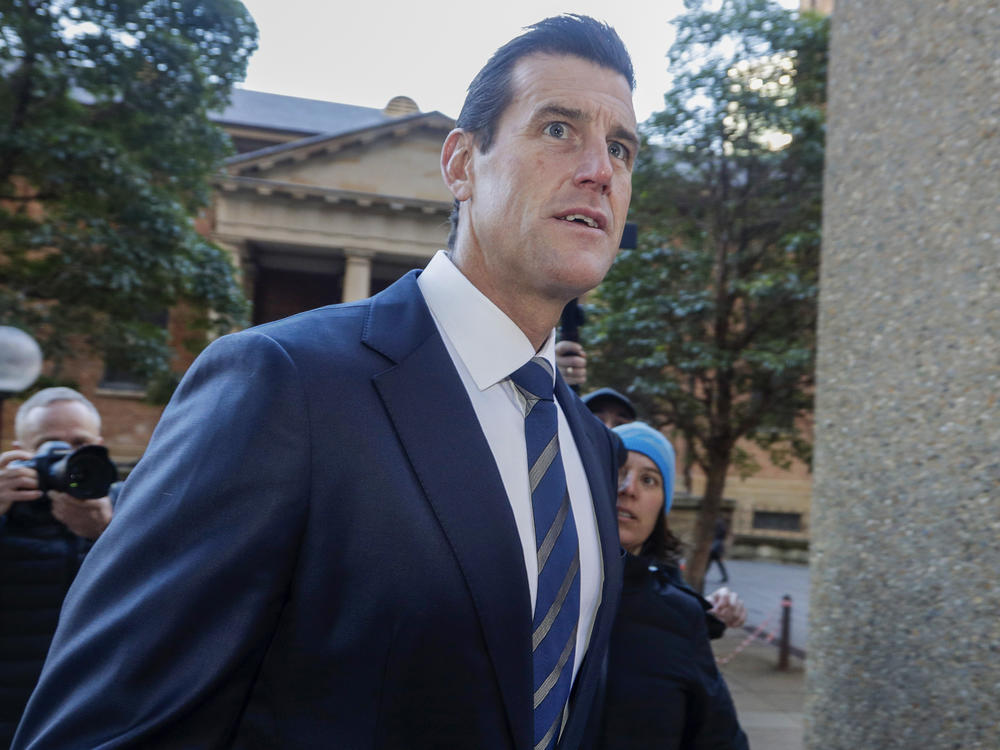Section Branding
Header Content
Australia's most decorated soldier loses defamation case for alleged war crimes
Primary Content
SYDNEY — Australia's most decorated living war veteran unlawfully killed prisoners and committed other war crimes in Afghanistan, a judge ruled Thursday in dismissing the claims by Victoria Cross recipient Ben Roberts-Smith that he was defamed by media.
Federal Court judge Anthony Besanko ruled that the articles published in 2018 were substantially true about a number of war crimes committed by Roberts-Smith, a former Special Air Service Regiment corporal who now is a media company executive.
These allegations included that Roberts-Smith, who was also awarded the Medal of Gallantry for his Afghan war service, killed a prisoner who had a prosthetic leg by firing a machine gun into the man's back in 2009.
He kept the man's prosthetic as a novelty beer drinking vessel.
The accusations also included Roberts-Smith had kicked an unarmed, handcuffed farmer off a cliff into a riverbed where an SAS colleague shot the farmer dead in 2012.
Reports of domestic violence allegedly committed by Roberts-Smith were found to be unproven and defamatory. But the judge found this would not have further damaged the veteran's reputation.
Roberts-Smith had made claims of defamation against The Sydney Morning Herald, The Age and The Canberra Times over their articles.
His lawyer Arthur Moses asked for 42 days to consider lodging an appeal to the Full Bench of the Federal Court.
Roberts-Smith's legal costs have been underwritten by billionaire Kerry Stokes, executive chairman of Seven West Media where Roberts-Smith is employed.
Roberts-Smith is one of several Australian military personnel under investigation from Australian Federal Police for alleged war crimes in Afghanistan.
The first criminal charge for an alleged illegal killing in Afghanistan was made in March. Former SAS trooper Oliver Schulz was charged with the war crime of murder in the death of an Afghan who was shot in 2012 in a wheat field in Uruzgan province.
Copyright 2023 NPR. To see more, visit https://www.npr.org.

